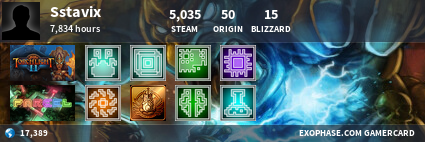Deepfreeze32 wrote:So how does one go about improving the pacing/tension and release of a story?
Right now, I feel like my peaks in tension (When major events/action scenes happen) are either too sudden, not dramatic enough, or setting too high a bar for future sequences.
Great question. A big part of this gets into wordplay - quite literally, playing with words!
Think about how things are done in TV shows and movies. I'll choose the original "Star Wars," just because its topical right now.

There's often some sort of action sequence at the beginning, in order to catch the attention of the audience (the big Star Destroyer captures the Rebel ship and Leia over Tattoine). This also is the place to give the audience a taste of the conflict that is occurring. Then there's a "cooling" period, where the audience learns more about the setting, the reasons behind the conflict, and possibly gets a few laughs along the way (the droids are on Tattoine, meet the real hero of the story, and we learn about his past and are introduced to the Jedi). Then there is some sort of conflict that occurs that leads into the next scene. (The crew meet up with the smuggler and the walking hair monster, get on board a ramshackle spaceship and leave the planet, the Empire hot on their tails). If you think about breaking the narrative into smaller chunks - basically, each chapter or scene could be construed as a mini-story in itself - then it will help. Each mini-story gets bigger and the conflict / climaxes get grander until you hit the big spot at the end.
Another thing to help with pacing is the words you use. For example, in a fight scene, or a scene where you want a lot of tension, keep your sentences short and your words clipped. It allows the reader to read quicker and helps to fuel the frantic atmosphere you're trying to establish. And for crying out loud, don't interrupt the action to go into lengthy narratives or huge monologues! For example, if the dragon knocks Sir Shinypants into a new chamber with a swipe of his claw, you don't want to interrupt the action by providing a detailed, 12-sentence paragraph of the new chamber. Sir Shinypants is going to be focused on defeating the dragon, and so will the audience.
This kind of writing takes practice. Be sure to watch for this in the works of other people. Once you are aware of the techniques that authors use, you can explore books at a deeper level ... and maybe figure out how to use some of those techniques yourself!
Chozon1 wrote:It's so bad at the moment, I can't remember to right a list. XD
The fidgits?
Or spell "write?"

As for "the fidgits," that reminds me of my son. Seems like he's always wiggling. If he isn't fidgeting, then he might be sick....





